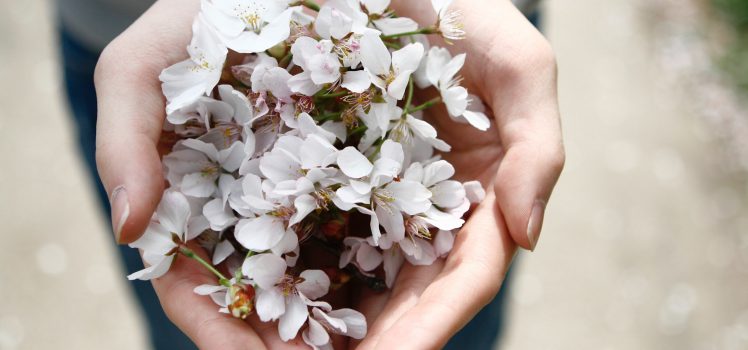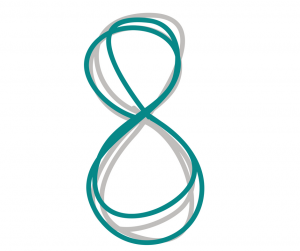Kidneys And Women’s Health

 8th of March was chosen to be International Women’s Day in 1910 on the International Women’s conference as a way to commemorate the women’s struggle for political rights. But did you know that this year 8th of March coincides with World Kidney Day and 2018’s WKD Theme is Kidney health awareness and women? We at FindMeCure are especially excited since we believe that there’s more to women’s health than “bikini medicine” seems to imply and we’ve participated in the debate since we first began creating content for our blog.
8th of March was chosen to be International Women’s Day in 1910 on the International Women’s conference as a way to commemorate the women’s struggle for political rights. But did you know that this year 8th of March coincides with World Kidney Day and 2018’s WKD Theme is Kidney health awareness and women? We at FindMeCure are especially excited since we believe that there’s more to women’s health than “bikini medicine” seems to imply and we’ve participated in the debate since we first began creating content for our blog.
As you probably know by now, we believe in raising awareness about treatable and even more so – about preventable conditions and the social issues surrounding them. But what exactly is the intersection between kidney health and women’s health?

Chronic kidney disease (CKD) is the 8th leading cause of death in women, accountable for about 195 million deaths of women on a worldwide scale. Some studies show that CKD has 2% prevalence in women than men, but what’s really disturbing is that significantly fewer women than men get the appropriate treatment like dialysis or kidney transplant[1]. And if we still haven’t convinced you that CKD is an important issue for women, keep reading.
There are some kidney diseases like lupus nephropathy and kidney infections that mostly affect women and the risks are especially high during pregnancy. However, pregnancy is not always guaranteed in cases of pre-existing CKD, as it can lead to reduced fertility, miscarriages or – best case scenario – challenging pregnancies resulting in preterm births. Additionally, women with CKD are advised against using “the pill”, since it can lead to blood clots, and this is bad news for women who need the hormones not for birth-control (there are, after all, other methods, though none of them is perfect) but for managing diseases of the reproductive system.
Things surrounding reproductive health don’t look nearly as gloomy for women with on dialysis, which makes conception more likely and pregnancies more safe. And although the risks are still higher than usual, successful kidney transplantation can translate into restored fertility and an increase in the complication-free birth rate.

Pregnancy and kidney disease is a two way street – complications during pregnancy can likewise lead to kidney problems. Pre-eclampsia (a condition during pregnancy characterised by high blood pressure and one of the leading causes of maternal mortality), septic abortion (infection centered in the placenta) and post-partum haemorrhage (massive life-threatening bleeding) can all lead to acute kidney injury or CKD in the future.
And yes, women in developing countries have it worse. Due to a mixture of biology (CKD progresses more slowly in women, thus it’s harder to get an early enough diagnosis), cultural and economic factors, there is no even access to health care and women are often late to start dialysis or in some cases – never get to. This is even more concerning when it comes to pregnant women who face the difficulties and risks of growing a human inside their wombs while also living with CKD. This year the message of the World Kidney Day campaign is one of equity, education, and solidarity: “There is a clear need for higher awareness, timely diagnosis and proper follow up of CKD in pregnancy.”[2] Healthcare for women should not stop at the hem of our bikinis but fertility and child-rearing need to be recognized for the specific health conditions surrounding them.

Research so far[3] seems to suggest that one of the ways to reach the objective set by the 13th World Kidney Day, which is – renal health awareness, education and affordable and equitable health care for women and girls globally, is the participation of more women in CKD clinical trials. Men and women are affected by renal health issues differently and they might very well need different treatments, yet there is little research done about the use of some drugs and therapies in women with CKD during pregnancy. This is just one example of the direction we need to take. Another suggestion for the long-term might be health care programs tailored to the specific needs of women, taking into account their reproductive health among other things.
[1] http://www.worldkidneyday.org/2018-campaign/2018-wkd-theme/
[2] http://www.worldkidneyday.org/2018-campaign/2018-wkd-theme/
[3] https://www.nature.com/articles/nrneph.2018.12
Article by Nelly Katsarova


It’s a bid shocking that chronic kidney disease is the 8th highest cause of death in women. Because I’m a woman, this is a bit worrisome for me. Do you have any tips for choosing a great doctor to help me stay a healthy woman?